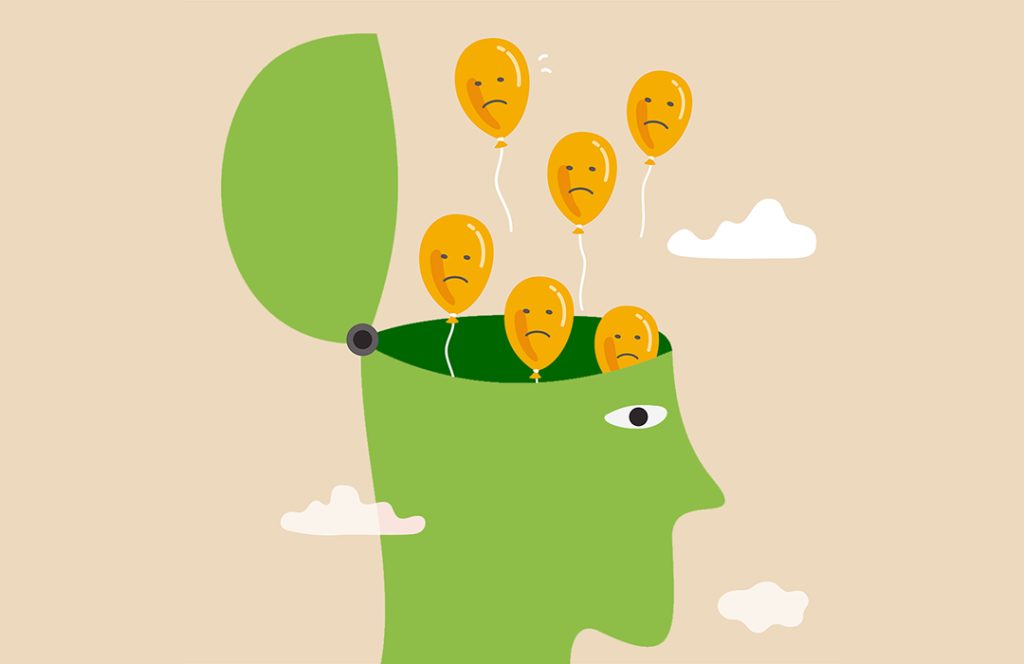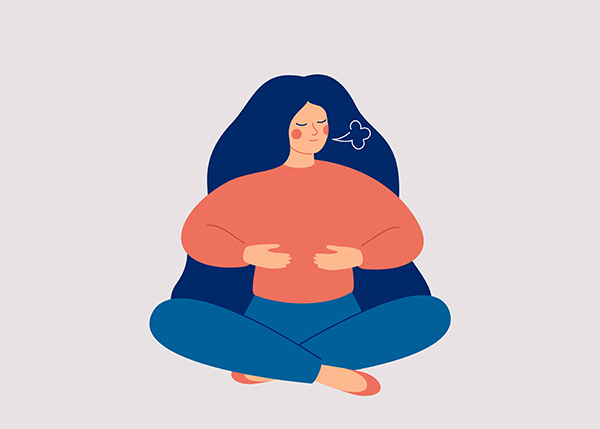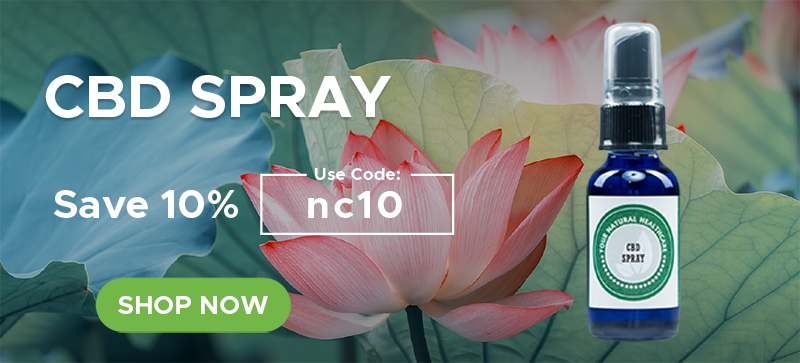Daily Habits That Alleviate Mild Anxiety and Enhance Healthy Stress Response
Do you often feel like you're under pressure? Is it difficult to relax after a challenging day…or even on a day off? If so, you're not alone. According to the National Institute of Mental Health, approximately 18% of adults in the United States deal with some form of mild anxiety.
But don't worry, there are things that you can do to help improve your stress response and achieve balance in your life. In this article, we will discuss some simple daily habits that can help enhance a healthy stress response and alleviate mild anxiety.

Exercise to Support Stress Response
One of the best things that you can do for your stress response is to exercise regularly. Exercise has been shown to help reduce stress and anxiety by releasing endorphins, which have mood-boosting effects. Additionally, exercise can help improve sleep quality, which is important for managing stress levels. If you don't have time for a full workout, even a short walk can help.
Believe it or not, exercise has been shown to be as effective as medication for relieving stress in some cases! As mentioned above, the release of endorphins which happens with exercise helps improve your mental well-being and makes you feel happier overall.
If you have access to a body of water…swimming is a great way to get some exercise and relieve stress at the same time. Being in water helps to relax muscles and the rhythmic nature of swimming can be very calming.
9 Relaxation Techniques to Ease Mild Anxiety
Another helpful habit is to practice relaxation techniques such as deep breathing or progressive muscle relaxation. These techniques can help you to focus on the present moment and let go of worry and stress.

And, spending time in nature has been shown to be beneficial for reducing stress levels. So, make sure to take some time to enjoy the outdoors each day if you can–even just taking a short walk as mentioned above. Spending time in nature can be calming because it allows us to disconnect from our busy lives and appreciate the simple things in lif
If you haven't heard of it before, progressive muscle relaxation is a technique that involves tensing and relaxing different muscle groups in the body, one at a time. This helps to release the tension that has built up in the muscles and can be very calming.
Mindfulness is a state of being present in the moment and observing your thoughts and feelings without judgment. This can be a very effective way to reduce stress as it allows us to step out of our stressful thoughts and observe them from a distance.
Meditation is similar to mindfulness, but it also involves focusing on a specific object or breath. This can help to calm the mind and body and is a great way to de-stress.
Yoga is another excellent relaxation technique. It involves both physical and mental components, which can make it very effective in reducing stress. The physicality of yoga helps to release tension in the muscles, while the breathing exercises and focus on the present moment can help to calm the mind.
Tai chi is a Chinese martial art that is similar to yoga. It involves slow, fluid movements and can be very calming and relaxing.
Listening to music can also be a great way to relax. It can help to distract from stressful thoughts and the right type of music can be very soothing.
Finally, one of the best ways to reduce stress is to laugh. Laughter releases endorphins, which have mood-boosting effects. So next time you're feeling stressed, try to find something to laugh about!
Sleep to Improve Mild Anxiety
Finally, it's important to make sure that you're getting enough sleep. Sleep is essential for reducing stress and restoring balance in your life. Make sure to establish a regular sleep schedule and stick to it as much as possible. If you have trouble sleeping, there are some simple things that you can do to improve your sleep quality.
RELATED ARTICLES
Forget 8 Hours: New Approaches to Sleep
Falling Asleep and Staying Asleep

How CBD Can Alleviate Stress and Mild Anxiety
CBD has been shown to be an effective treatment for both stress and anxiety, without the risk of addiction or adverse side effects.
CBD oil works by interacting with the body's endocannabinoid system. This system regulates mood, sleep, appetite, and pain perception. When CBD binds to cannabinoid receptors in the brain, it can help to reduce anxiety and promote relaxation.
Read more about The Case For CBD’s Anti-Anxiety Properties.
If you're looking for a natural way to reduce stress and anxiety, you'll definitely want to consider a daily CBD regimen!
Stay connected for free resources to expand your health and vitality with non-allopathic remedies and natural CBD solutions.
